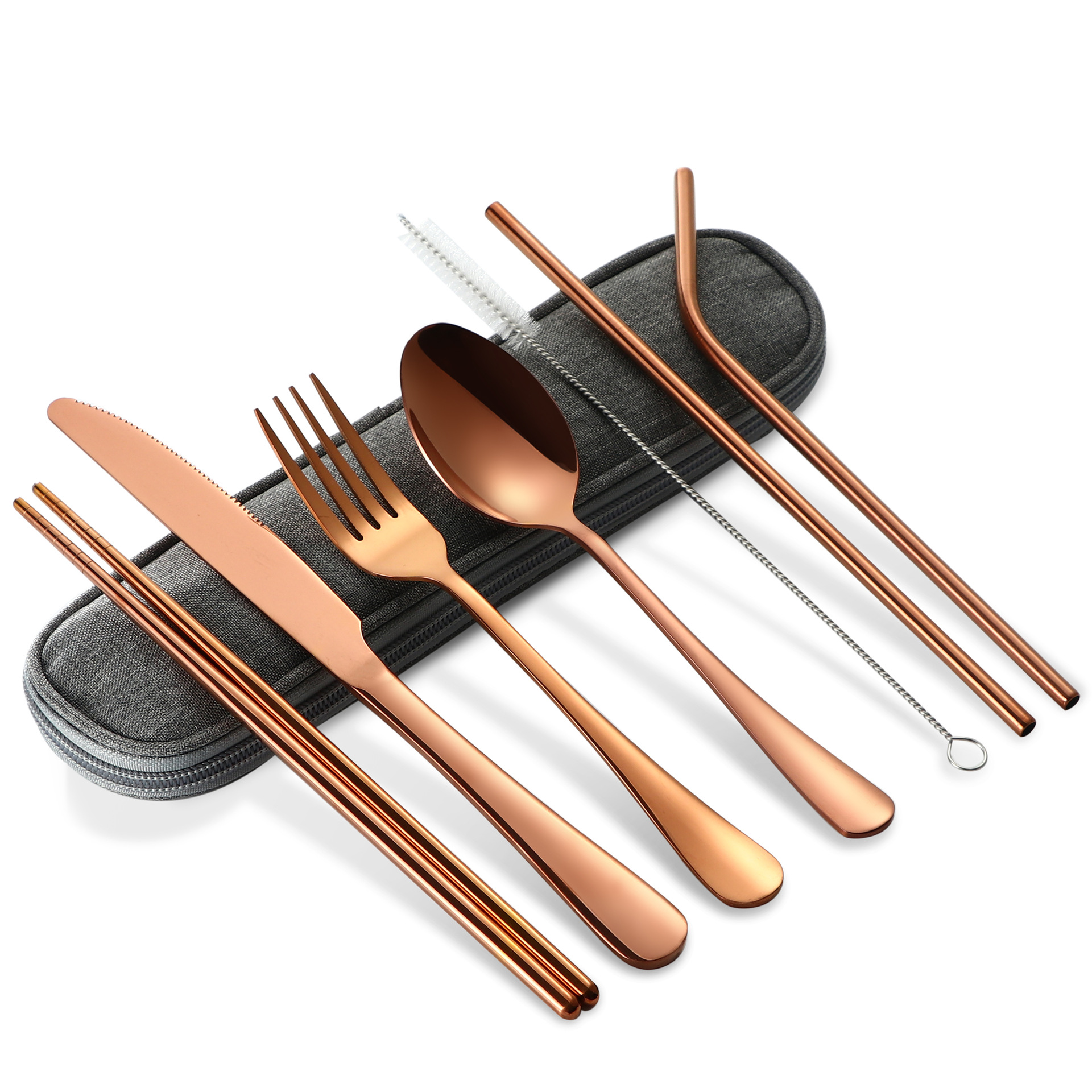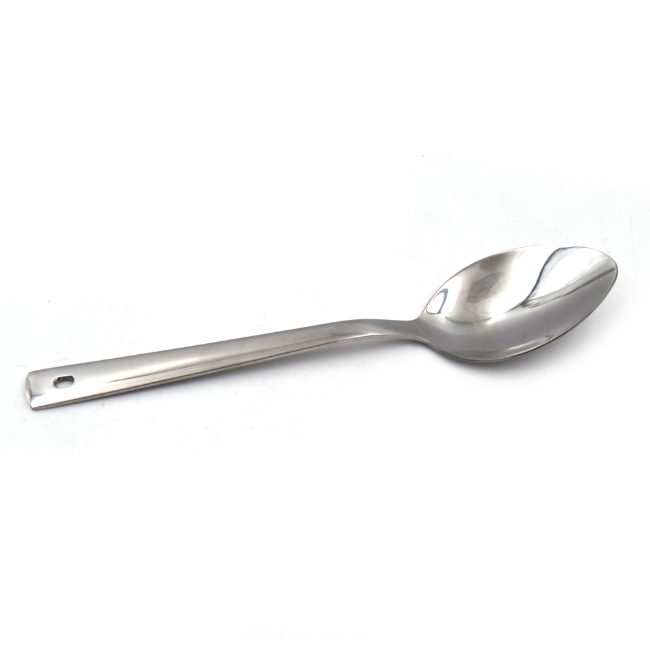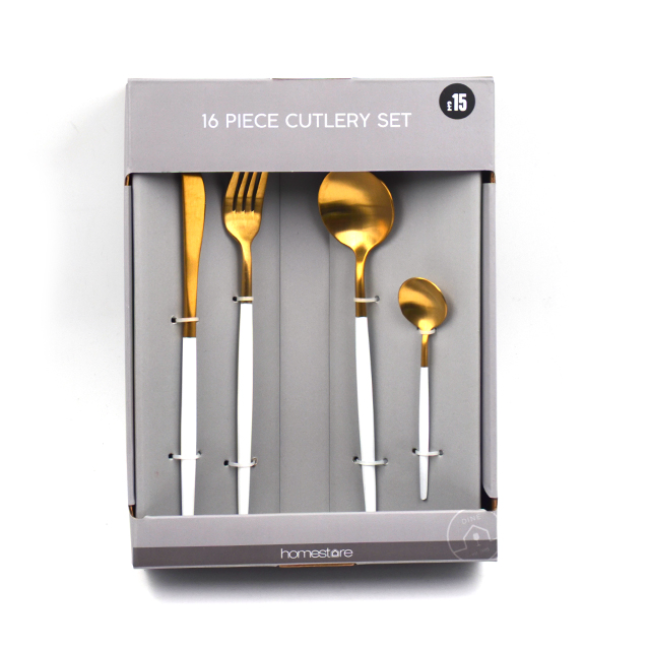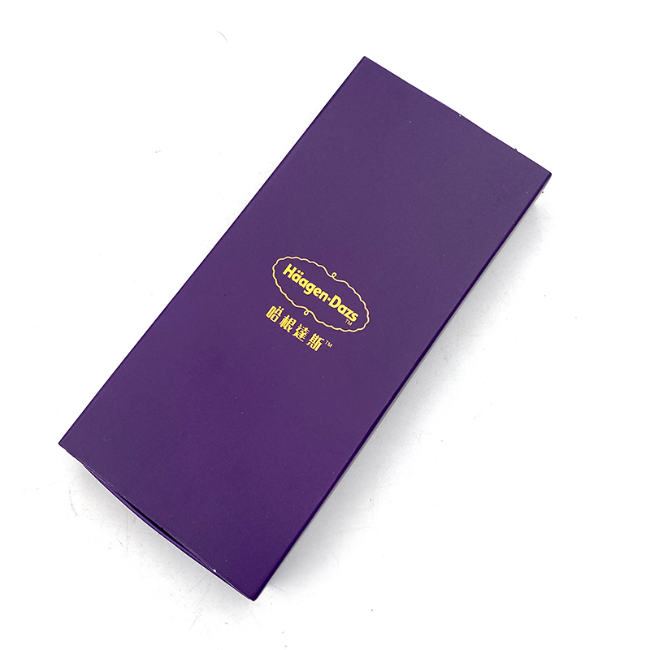
27 May
How Is Cutlery Prevented from Rusting?
How Is Cutlery Prevented from Rusting?Cu...
How Is Cutlery Prevented from Rusting?
Cutlery is an essential part of our daily dining experience, and ensuring its longevity is crucial for both practicality and aesthetics. One of the most common issues that many people face is rusting, especially with metal table cutlery. In this article, we will explore the factors that cause rusting and how manufacturers, such as Homefelt, prevent rust from affecting your favorite knives, forks, and spoons.
What Causes Rust on Cutlery?
Rusting is a natural process that occurs when metal reacts with moisture and oxygen in the air. The most common culprit for rusting in cutlery is a chemical reaction called oxidation, which occurs when the iron content in steel comes into contact with water or air. When this happens, iron oxide forms, causing the metal to weaken and corrode.
While rusting is more commonly associated with lower-quality cutlery, it can occur in almost any type of metal over time. However, the good news is that there are ways to prevent rusting and keep your table cutlery in excellent condition for years.
How Can Rusting Be Prevented?
Several methods can be employed to protect cutlery from rusting, ensuring that it remains durable and functional for years to come.
Material Selection:
One of the most important factors in preventing rusting is the material used to make the cutlery. Stainless steel is the most common material for high-quality table cutlery because it contains chromium, which provides a protective layer against rust. Higher-end stainless steel cutlery, like the custom chefs knife from Homefelt, often has additional coatings or treatments that enhance rust resistance.
Proper Coating:
Cutlery manufacturers often use a process called passivation to improve the rust resistance of their products. Passivation involves using acids to clean the surface of the metal and creating a protective oxide layer that helps prevent corrosion. At Homefelt, we ensure that each piece of table cutlery undergoes this process to enhance its durability and appearance.
Storage Conditions:
Proper storage plays a significant role in preventing rust. After use, it's important to dry your cutlery thoroughly to prevent moisture from lingering, as moisture is a key factor in rust formation. Always store your cutlery in a dry place, and avoid storing it in areas with high humidity, such as near a sink or dishwasher.
Avoiding Harsh Chemicals:
Harsh chemicals can damage the protective coating on cutlery and make it more susceptible to rust. Avoid using bleach or abrasive cleaners on your black Friday knife set or any other kitchen knives, as these can weaken the metal. Instead, opt for mild dish soap and a soft cloth when cleaning.





